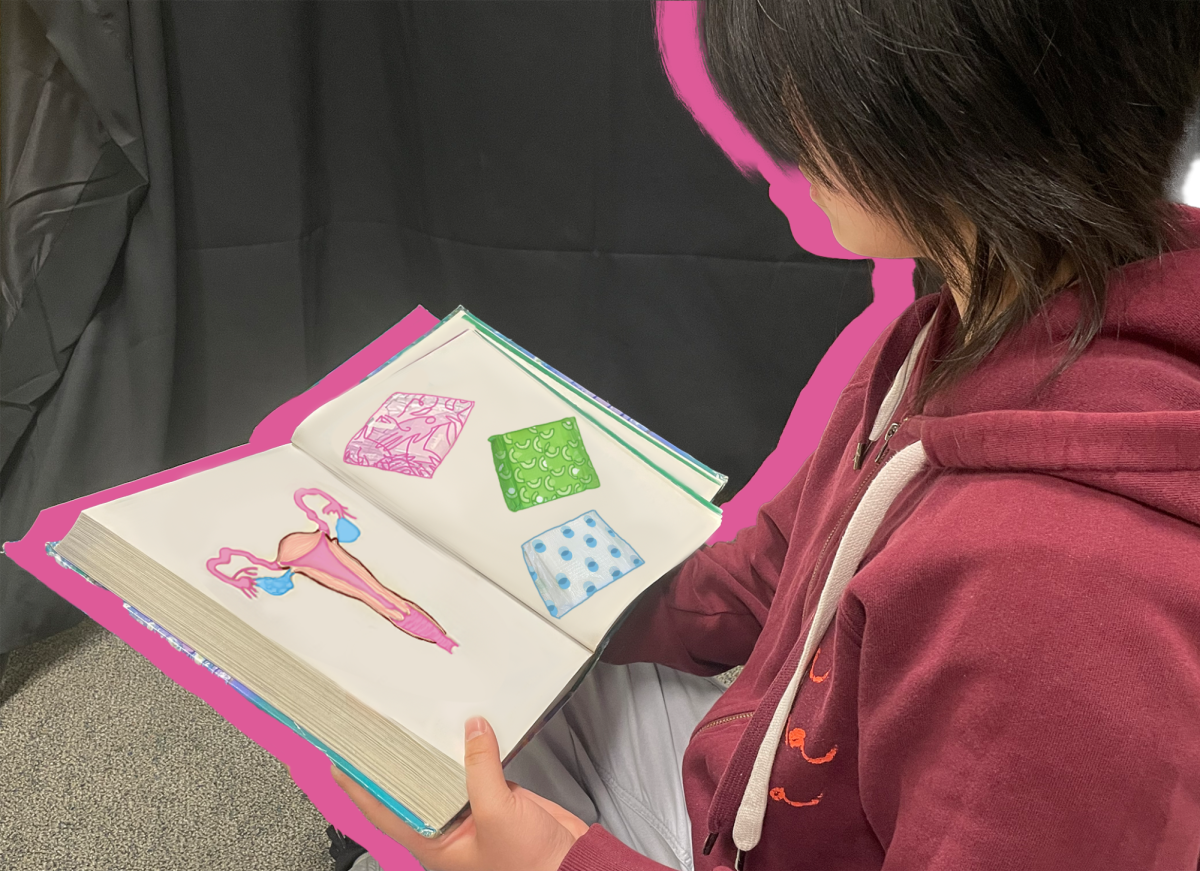As such, South Korean students toil over the single test for the entirety of their high school career with hopes of getting into high ranked colleges. Senior Sam Jin, who moved from South Korea two years ago, recognizes the difficulty of such tests, having taken the practice tests himself. To gauge the difficulty on his American friends, he offered the math section to a friend in Calculus BC, who could barely solve any of the problems.
“It’s basically like the SAT, except 10 times harder,” Jin said. “They have a subject called ‘Korean,’ but I don’t even understand what they’re saying.”
With such high focus on sharpening test-taking skills in South Korean high schools, often times the entire country’s focus goes toward seniors when the CSAT comes around every November. This year, their attention especially amplified, as an earthquake shook the city of Pohang the day before the test. With some test-taking places in ruins, South Korean governments decided to put a one week delay on the national event, moving the date from November 16 to November 23.
Since its first test in 1994, never has the CSAT date been moved. Moreover, earthquakes are uncommon occurrences in South Korea, so such momentous events overlapping on each other shocked the South Korean public. Sophomore Soobin Yoon, who moved to America this year in April, relayed similar sentiments. She recalls frantically messaging her friends back in Korea to find out about their reactions, many of which were not positive.
“My friend’s sister is taking the test this year,” Yoon said. “She was like a bit frustrated about it because she was expecting the test to be ended… [and] preparing to go hang out with friends. But then she had wait one more week and be stressed out about the test.”
Jin went on a similar course of actions, reconnecting with his South Korean friends. Over messenger, Jin consoled one friend who found himself in a rather unlucky situation. His friend disconnected from the Internet entirely to maintain undisturbed peace before test day, so he only found about the earthquake and the subsequent delay once he arrived at his testing place.
“He had a mental breakdown … For some people one week may be an advantage, but for a lot of people, I think it could be a disadvantage,” Jin said. “Because they were preparing for that day and they were really stressed until that day. But now that it got postponed, they are more stressed.”
Although the news of the delay captured the South Korean public, most of whose lives revolved around the one test at some point in their lives, junior Sunghyun Yoon holds a different perspective on the entire situation. Having gone to schools in a variety of different places, including South Korea, Europe, China and now America, Yoon finds the intensity of their reactions a bit silly. To him, they take the test much too seriously.
“That test isn’t everything,” Yoon said. “There’s a lot of different opportunities to success in life, in Korea, in that society, I think that test is over-glorified. They think it’s all they have. It’s their last shot at getting into a good school, being successful in life. They’re putting a lot into that one test.”


















